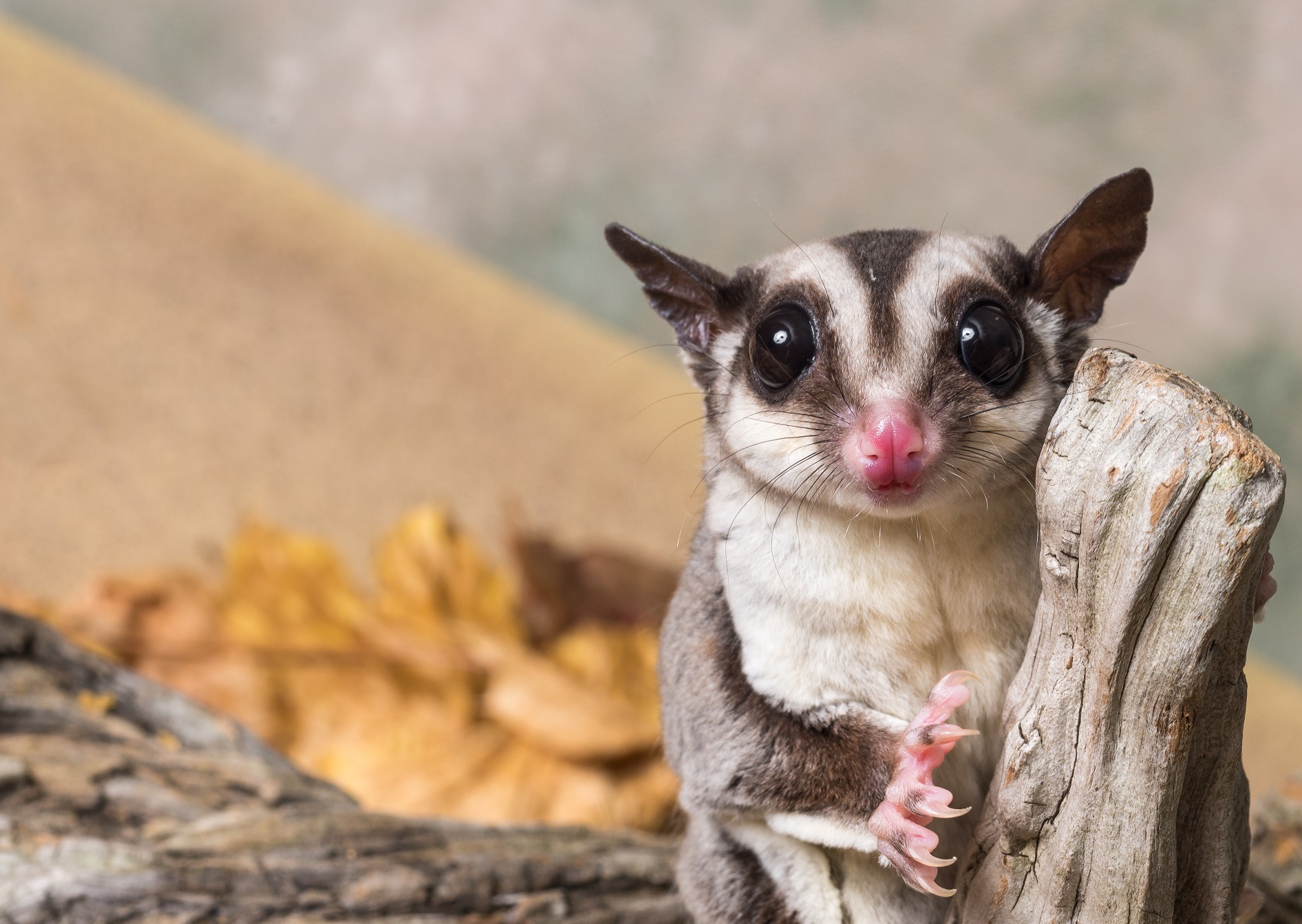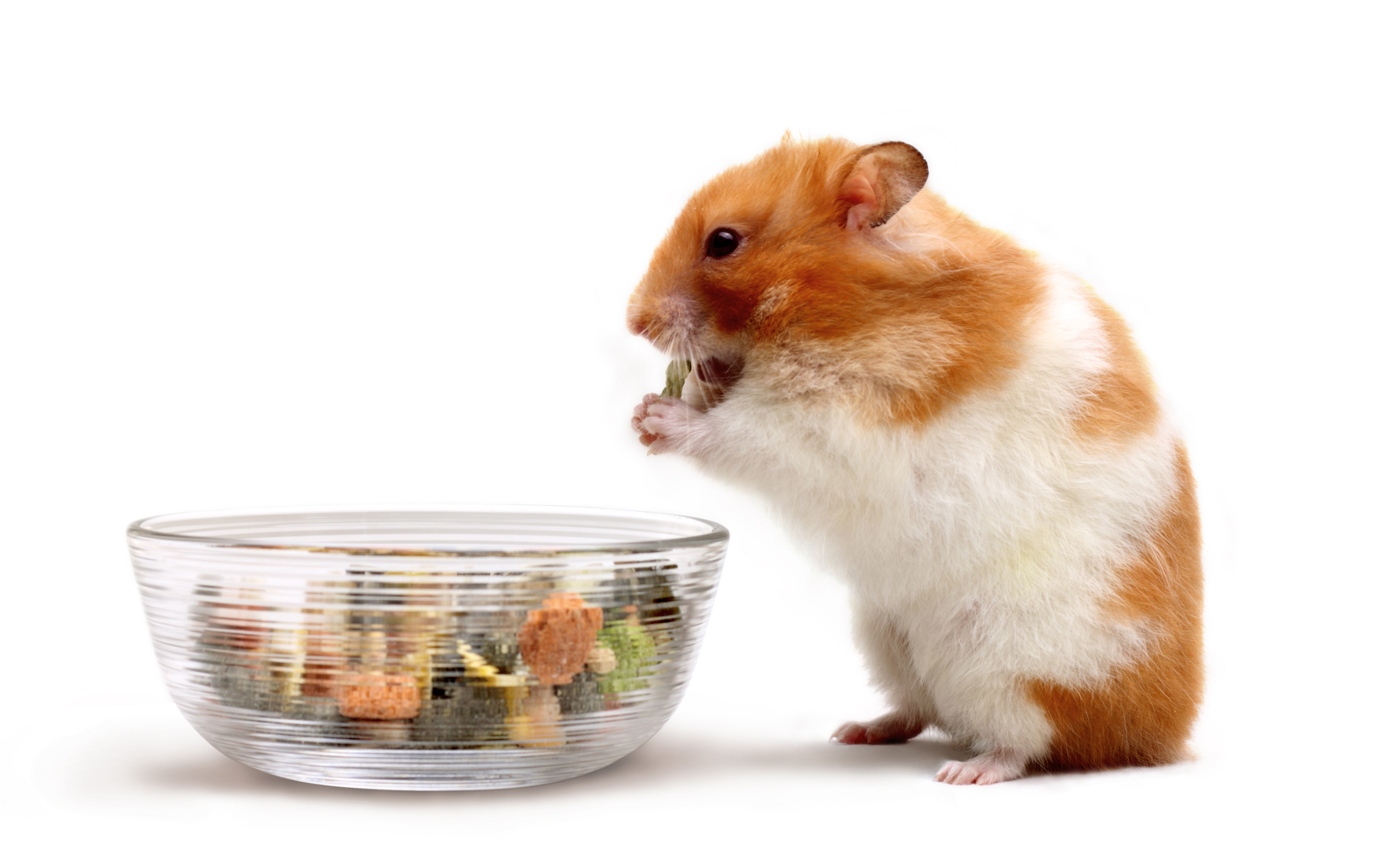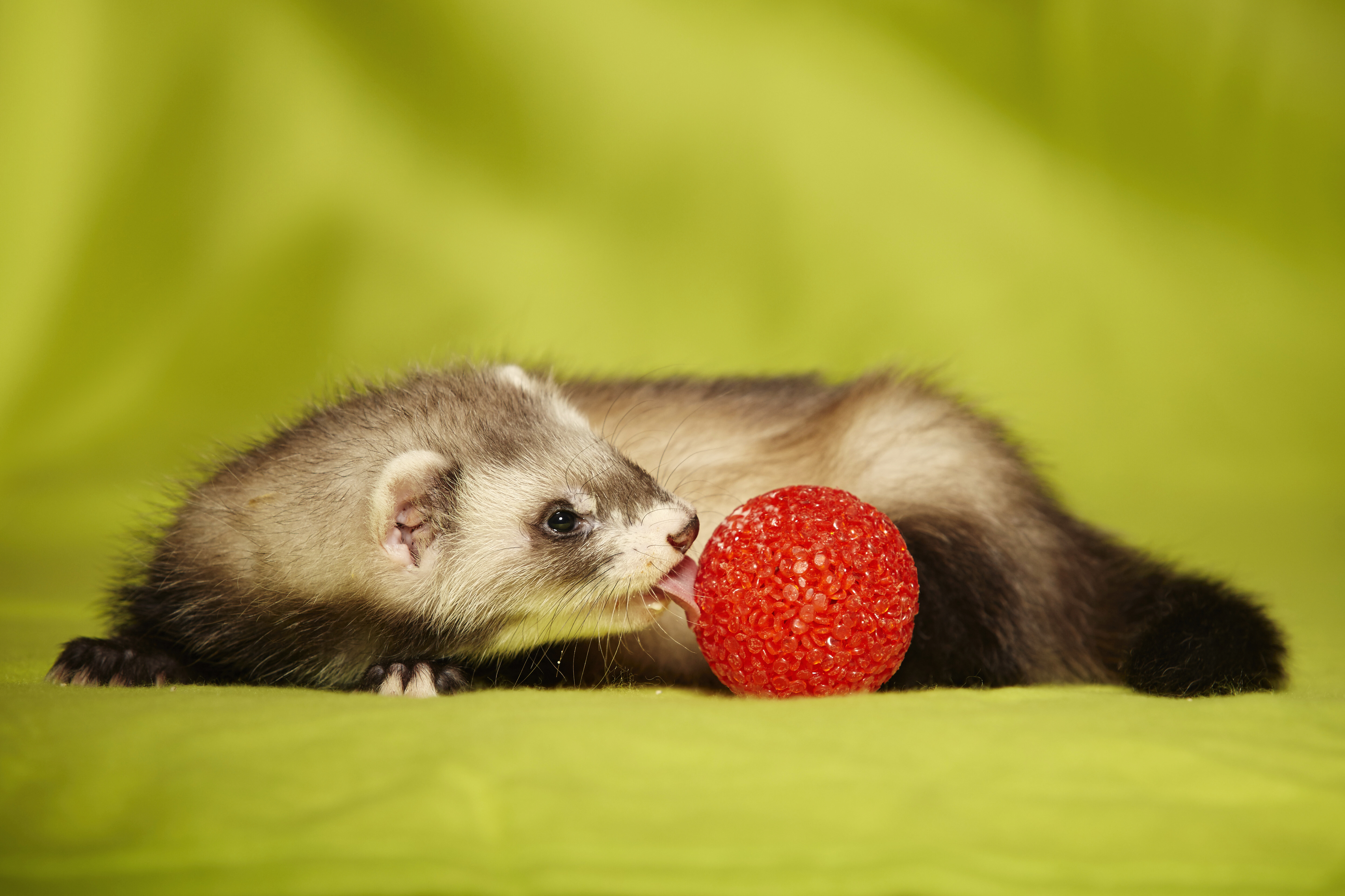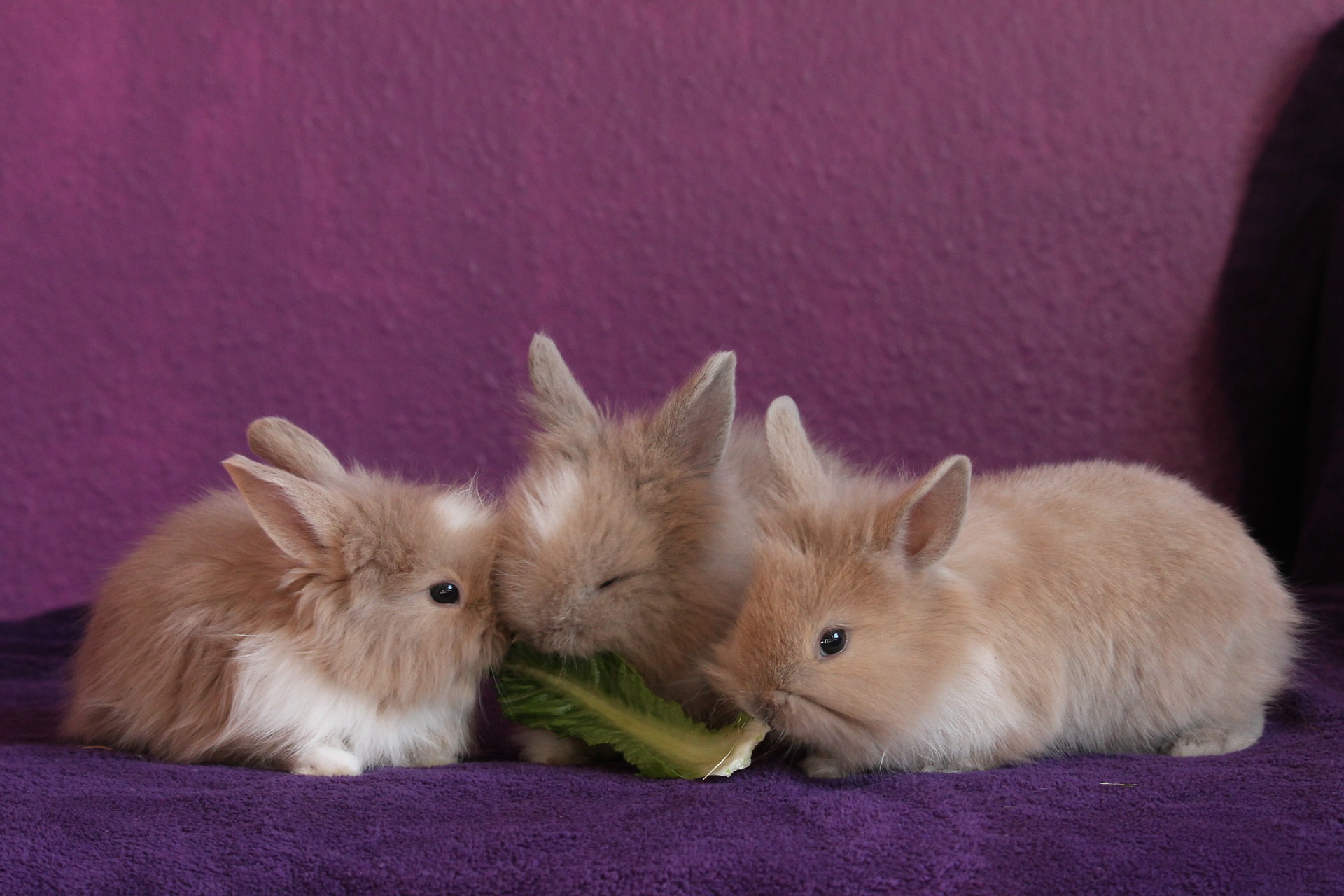Exotic, Not Quixotic
Erik J. Martin //May 2, 2017//
Variety is the spice of life, they say. It’s a big reason that saffron, sumac, serrano chilies and epazote, despite being rare and lesser known, are highly coveted seasonings among fine cuisine aficionados. And it also helps explain the irresistible allure of exotic small animals, like sugar gliders, prairie dogs, degus, hedgehogs, chinchillas and kinkajous—out-of-the-ordinary species that can add diversity and dollars to your business.
Yes, there are hurdles to clear: some of these breeds are prohibited in certain states and municipalities, finding reputable breeders can be challenging, and retailers might need to get up to speed on the unique requirements of these breeds (bet you didn’t know hedgehogs are insectivores and the nutritional needs of sugar gliders are still up for debate). But if store owners start slowly and at least begin stocking some of the species-compatible supplies, they’ll likely gain traction in the exotics space quicker than expected, say the experts.
Filling a Niche
“General awareness of exotic pet ownership seems to be a growing trend, probably largely due to social media and the popularity of pet influencers,” said Brent Weinmann, president and CEO of Vitakraft Sun Seed, Inc., in Weston, Ohio. “Good online resources for learning about these animals and how to care for them are encouraging more people to consider exotic pets.”
Michael Clark, director of marketing for small animal consumables with Schaumburg, Illinois-based Kaytee, says exotics can be profitable, with the right planning.
“Retailers are always trying to distinguish themselves and fill niche categories,” Clark said. “Offering less common small animals is a way to do that.”
Brian Wood, president of Cleveland-headquartered FiberCore LLC, manufacturer of Eco-Bedding, agrees.
“If you’ve got a knowledgeable staff and curious customers, exotics are going to be a draw. To be able to pull people into your store with animals you don’t see every day is a way to differentiate yourself from the big box and online retailers,” Wood said. “Consumers are always looking for something different, especially those who might have started with a hamster and later realize that there are other interesting critters out there. Why not take a chance, be a leader and add a few of these breeds to your livestock?”
Responsible Retailers
This decision, however, comes with important obligations, notes Jane Morehouse, product research and development manager for Kordon LLC in Hayward, California.
“It’s the retailer’s duty to provide accurate and detailed information and instructions, and they must remain up to date and informed on all that is required,” Morehouse said.
Be forewarned that some exotics are higher maintenance than others. Degus need a diet high in fiber but somewhat low in protein, fat and sugar. Prairie dogs need stimulation and interaction as well as high-fiber foods. And hedgehogs are nocturnal and require a diet lower in fat but higher in protein.
“Sugar gliders are also nocturnal and don’t like to be alone, so potential owners might be deterred after they learn they should have at least two of them,” Weinmann said. “All exotic animals are different, and one specific trait of a species that makes them really desirable pets to some will make them less desirable to others.”
Additionally, most exotics require a regionally or geographically specific diet, “which you’ll need to stock,” Morehouse said.
“Buyers need to be educated about the pet and what it will grow into, as well,” she continued. “For example, the retailer needs to provide the proper cages and internal fittings, as the size of the habitat, toys, perching places and climbing options might change as the pet grows and becomes more athletic. And the retailer should have a listing of veterinarians in the area that accept and are experienced with these exotic pets.”
Creating Synergy
Clark recommends pet retailers engage closely with their clientele to learn more about what they’re looking for in rarer small animal species before overcommitting their operations.
“You can learn a lot from your customers, just as they can learn a lot from you,” Clark said.
Most customers interested in exotics will need guidance and interaction from the store. The reward is trust and loyalty that can make registers ring for the life of that pet.
“The owners that gravitate to exotics tend to be better read and more aware of what they’re getting into—often because there can be a greater financial commitment versus investing in a hamster,” Wood said.
Food and Hard Goods
In the food segment, major players include Sunseed, whose Vita Prima Sunscription line offers formulas for chinchillas, degus, hedgehogs and sugar gliders; Exotic Nutrition, makers of Hedgehog Complete, Degu Complete, Glider Complete, and Prairie Dog Diet; Mazuri, providers of Hedgehog Diet; Brown’s, makers of ZOO-Vital Hedgehog Food; Manna Pro, manufacturers of Small World Complete Feed for Chinchillas; and Blessings, producers of Bugs-n-Fruit Protein Plus, a sugar glider diet. Degus, prairie dogs and other exotics also eat hay, which is well represented with Harvest Stacks by Oxbow Animal Health, Western Timothy Hay by Nature’s Promise and Timothy Gold Hay by American Pet. Among the treats category are Brown’s Extreme! Wild Berry and Extreme! Candy-Covered Sunflower Seeds, as well as Hagen’s Living World Alfalfa and Timothy Chews.
When it comes to hard goods, an ample array exists. Prominent cages include Kaytee’s My First Home Habitat Multi-Level for Exotics; Exotic Nutrition’s Kritter Castle, Brisbane Sugar Glider Cage, and Hedgie Home Sweet Home; and a plethora of enclosures made by A&E Cage Company and MidWest Home for Pets. Compatible toys are equally abundant, as evidenced by Kaytee’s Chewbular Play Tube, Comfort Exercise Wheel, and Woodland Get-A-Way; and Prevue Pet Products’ Hoppin’ Harvest, Grassy Nibbler Toy Trio, and Hideouts Double Coconut with Ladder.
Tricks of the Trade
To stimulate interest in in-store exotics, stores can try hosting a weekend event that introduces a new species for sale, and partner with a breeder, vet or other specialist who can answer any questions about care and feeding.
“Also, encourage interested customers to visit your store multiple times and interact with an exotic to help avoid impulse buys,” Weinmann said.
Lastly, aim for visual variety in merchandising strategies.
“Use end caps in different departments and point-of-purchase displays that showcase different supplies for exotics,” Clark suggested.



















